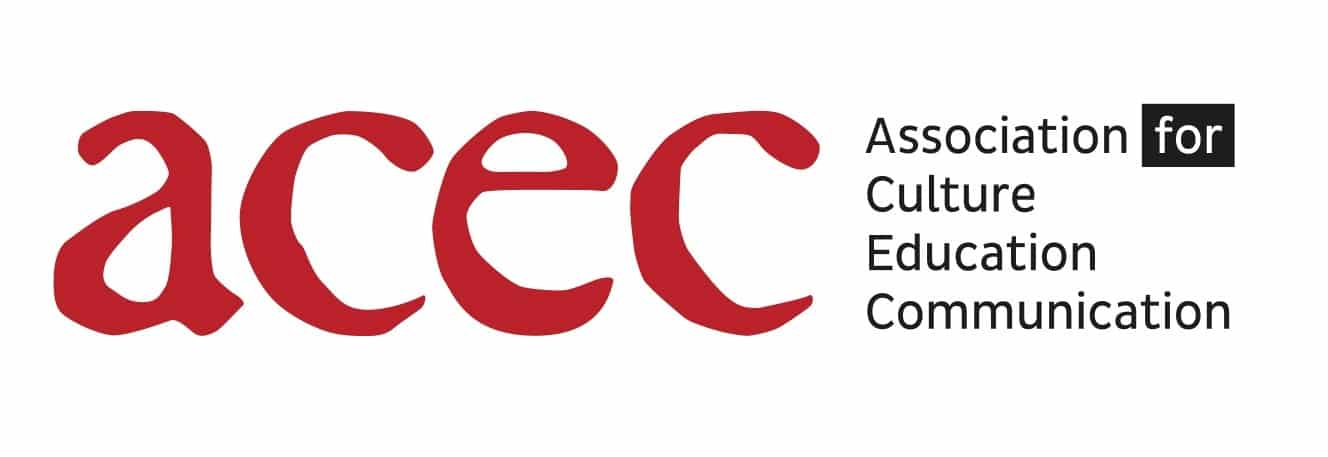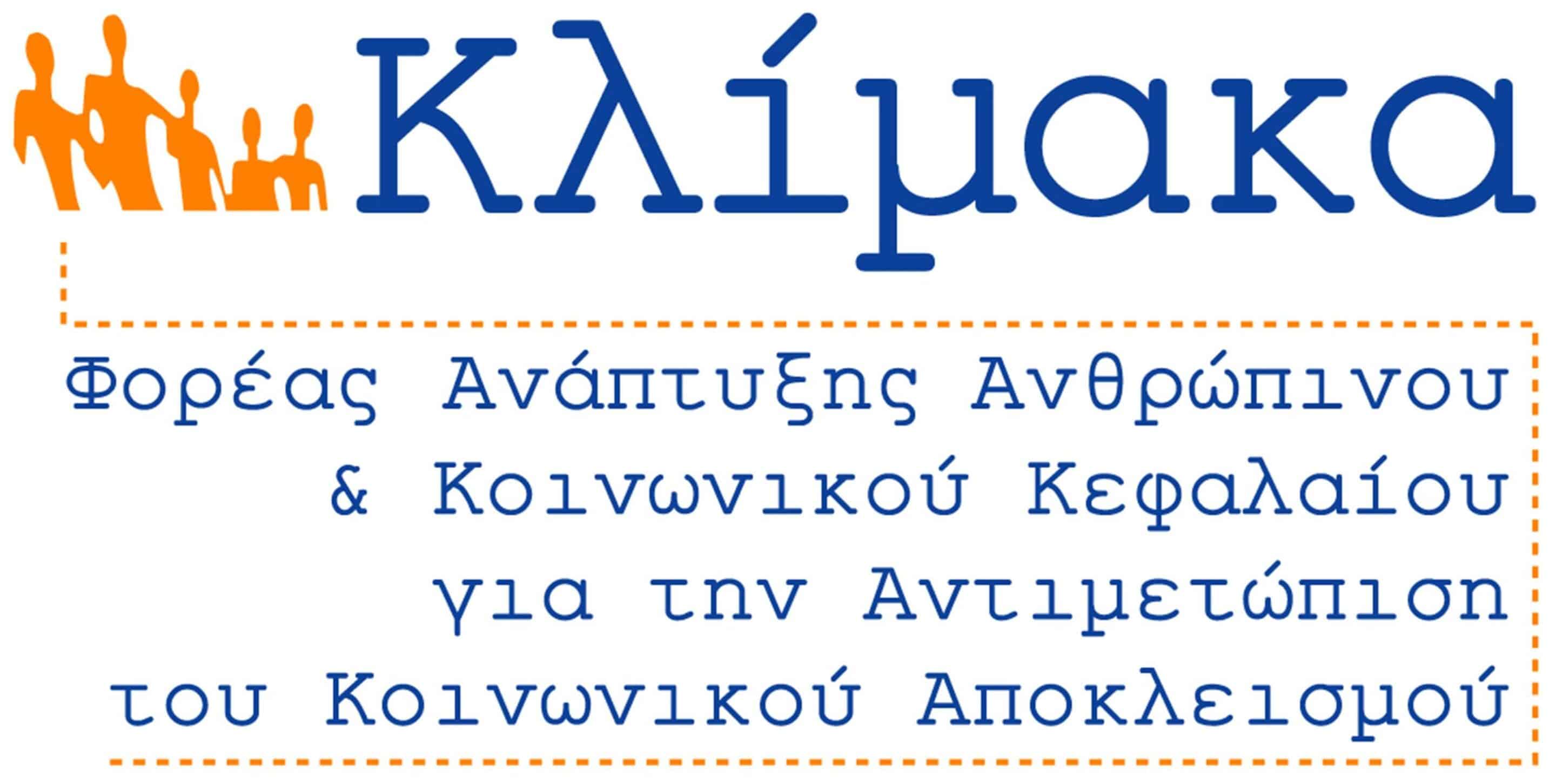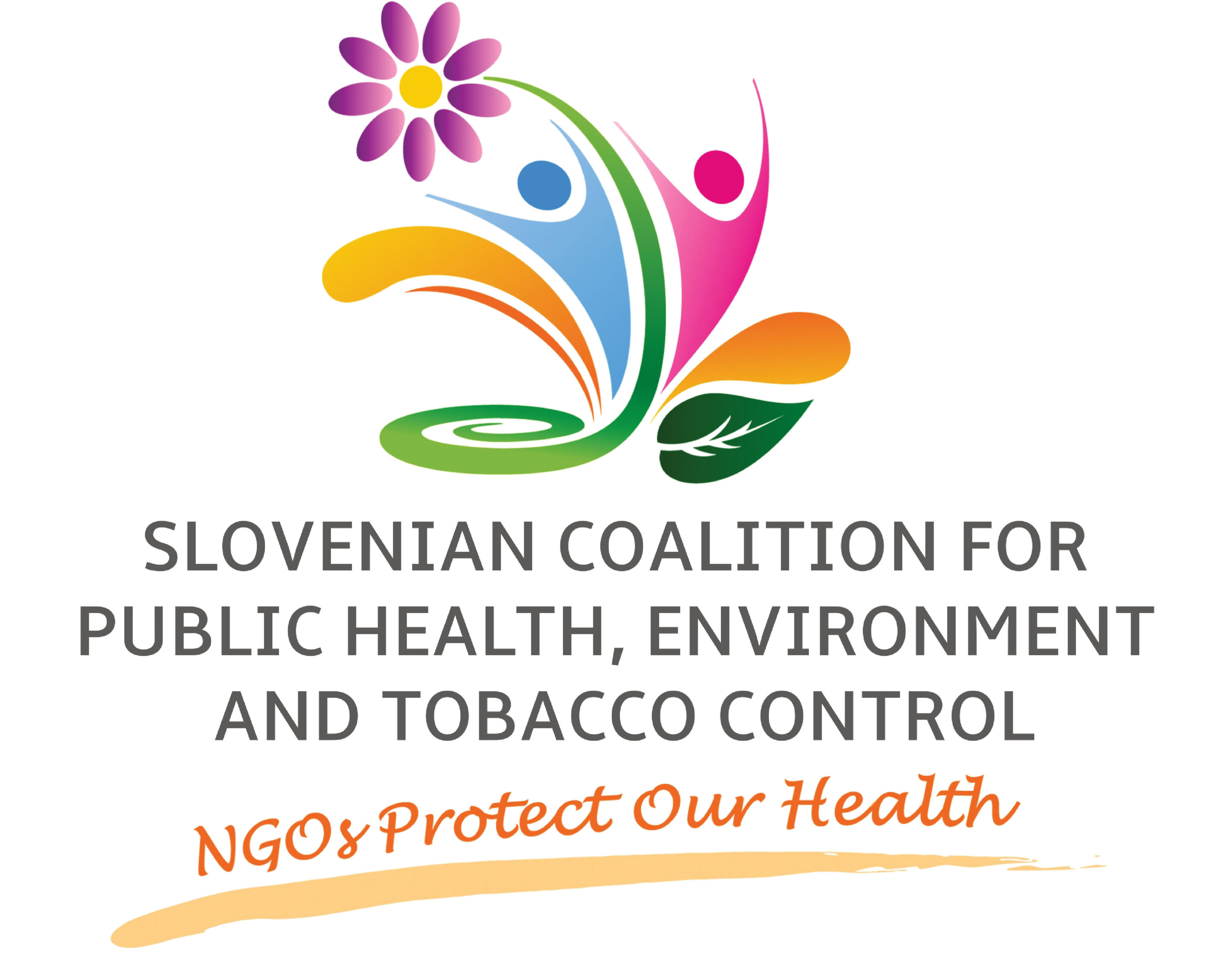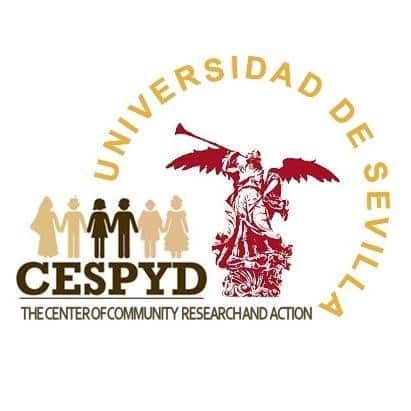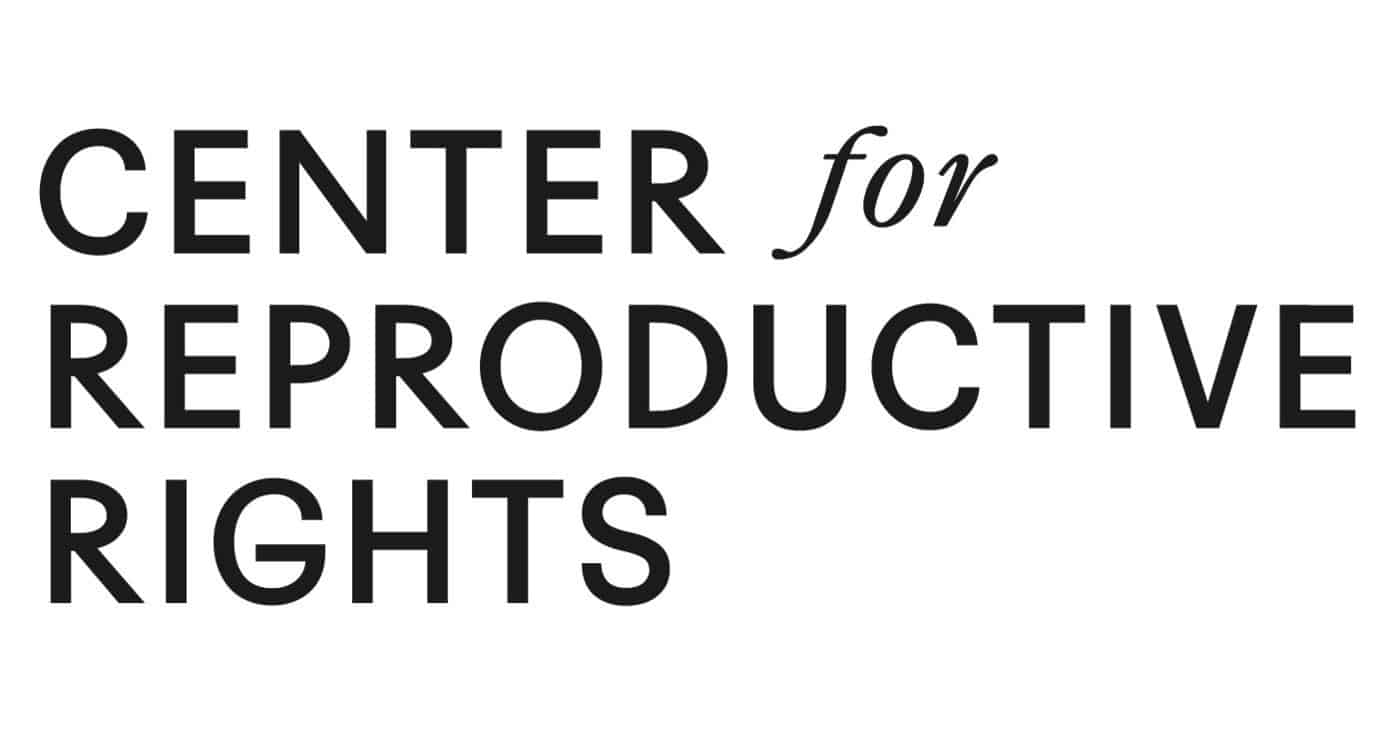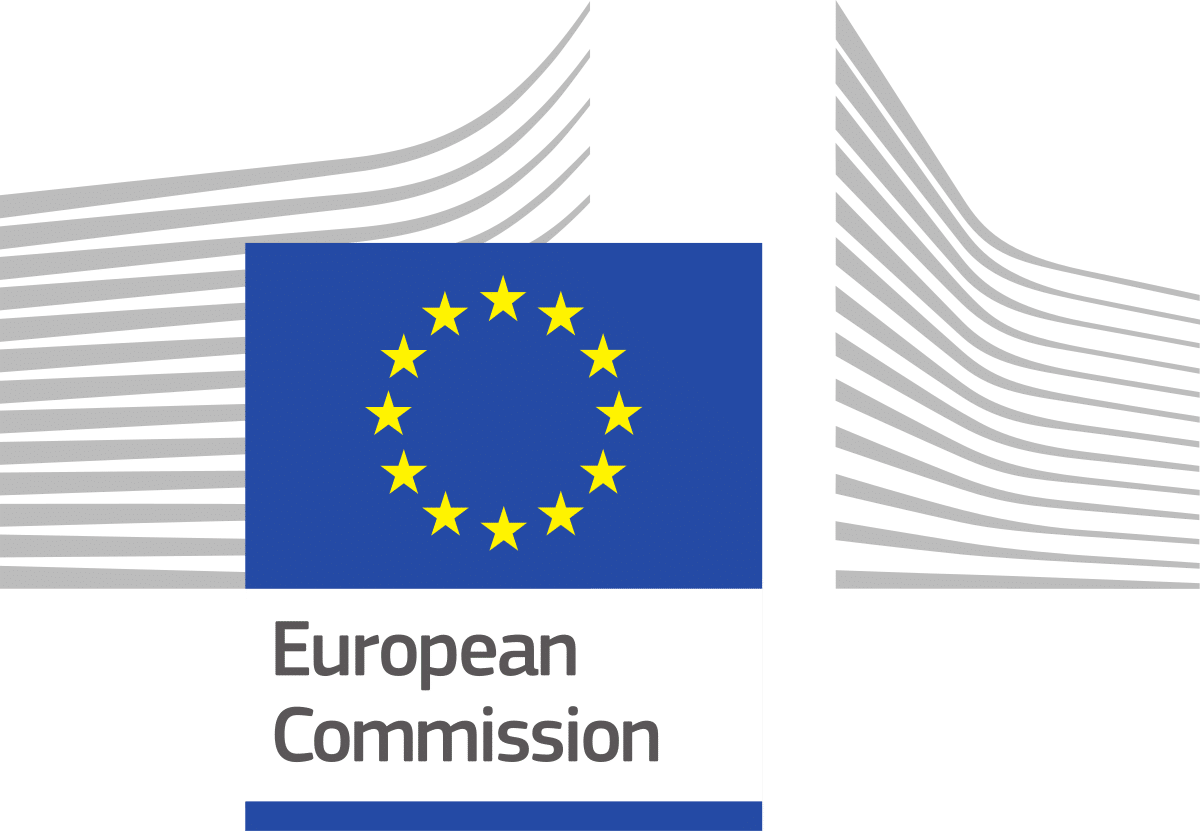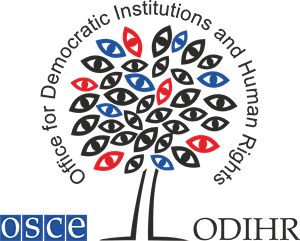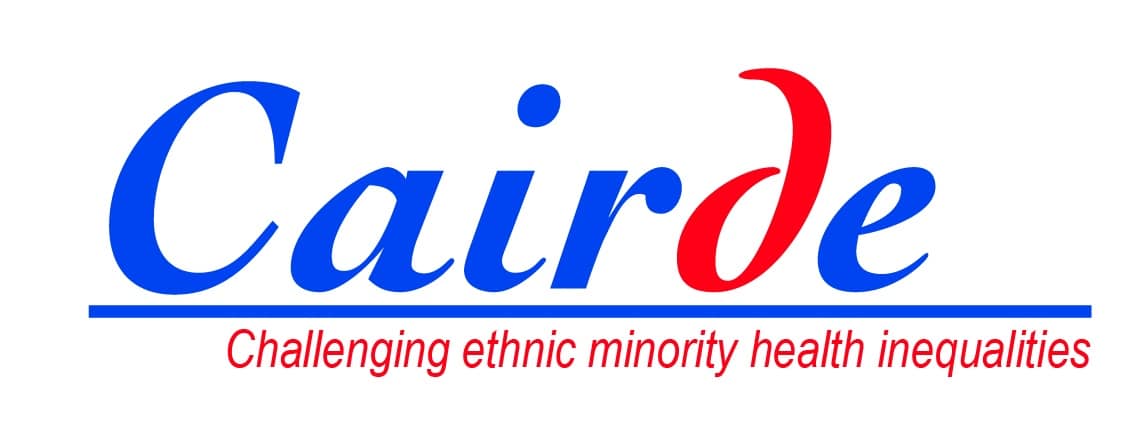Roma Health Network
The Roma Health Network strives to close the gap in health between Roma and non-Roma by tackling the uneven distribution of environmental and social determinants responsible for physical and mental health and wellbeing.

Make your voice heard
Encourage cooperation beyond the healthcare sector to close the health gap between Roma and non-Roma through European and national advocacy, policy development, joint initiatives, capacity building and political and social empowerment.
Raise your organisation’s profile
Build your organisation’s capacity
Create space for policy dialogue and civil society cross-sectorial cooperation to develop mainstream and Roma-specific policies to improve Roma health.
Establish effective new connections
Address social and environmental determinants of health responsible for health inequalities to better analyse the health of Roma communities.
FAQ
About the Roma Health Network
The Roma Health Network is a free to join, non-statutory network established in 2018 by the European Public Health Alliance (EPHA) following the 12th meeting of the European platform for Roma inclusion. It includes organisations working with Roma communities in Europe addressing social determinants of health, fundamental rights and access to rights and services for improving Roma health, through research, advocacy, policy development, monitoring and community organising.
Roma refers to the political term used by the Council of Europe and designates Roma communities, Sinti, Kale, Manouches, Gitanos, and related groups in Europe, including Travellers and the Eastern groups (Dom and Lom), and covers the wide diversity of the groups concerned, including persons who identify themselves as Gypsies and Travellers
According to the World Health Organization the social determinants of health are the conditions in which people are born, grow, live, work and age. These circumstances are shaped by the distribution of money, power and resources at global, national and local levels.
What are the Network's main activities?
- Involving Roma Health Network’s members in European advocacy in regards with public health and Roma related policies
- Engaging with European and national policy makers and relevant stakeholders
- Initiating policy dialogues with respective stakeholders for achieving positive policy changes
- Conduct research on Roma health inequality issues, its relation to housing and their effect on education
- Compose and submit policy recommendations to national and EU level policy makers
- Making Roma health a priority on EU and national level political agendas
- Developing and promoting political narratives on social and environmental determinants of Roma health
- Contributing to design, implementation and monitoring of public policies affecting Roma communities with focus on health
- Raising awareness of respective communities on recent health policies and their implications on everyday life
- Extend and strengthen the Network’s national level reach out by engaging and liaising with relevant national and local stakeholders in respective countries
- Exchanging information, expertise and best practices through the Network’s Annual Meeting in Brussels
- Organisation of webinars for capacity building, information exchange
- Coordination of joint advocacy actions on relevant issues identified by the Roma health network members
- Organisation of working group meetings and regular calls
- Undertaking joint initiatives involving members acting in different countries
- Designing and leading national advocacy and communication campaigns following joint actions/statements
Who can join the Roma Health Network?
Organisations and individuals interested in working together to achieve social justice for Roma through a holistic approach towards Roma health including equal treatment in strategic areas such as healthcare and prevention, education, housing, environment, employment and gender equality are welcome to apply to join the network.
How can I join the Roma Health Network?
Please fill out this form, include all the supporting documents, and return it to tomas.dejong@epha.org
Please find the terms of reference here.
Contact Us





